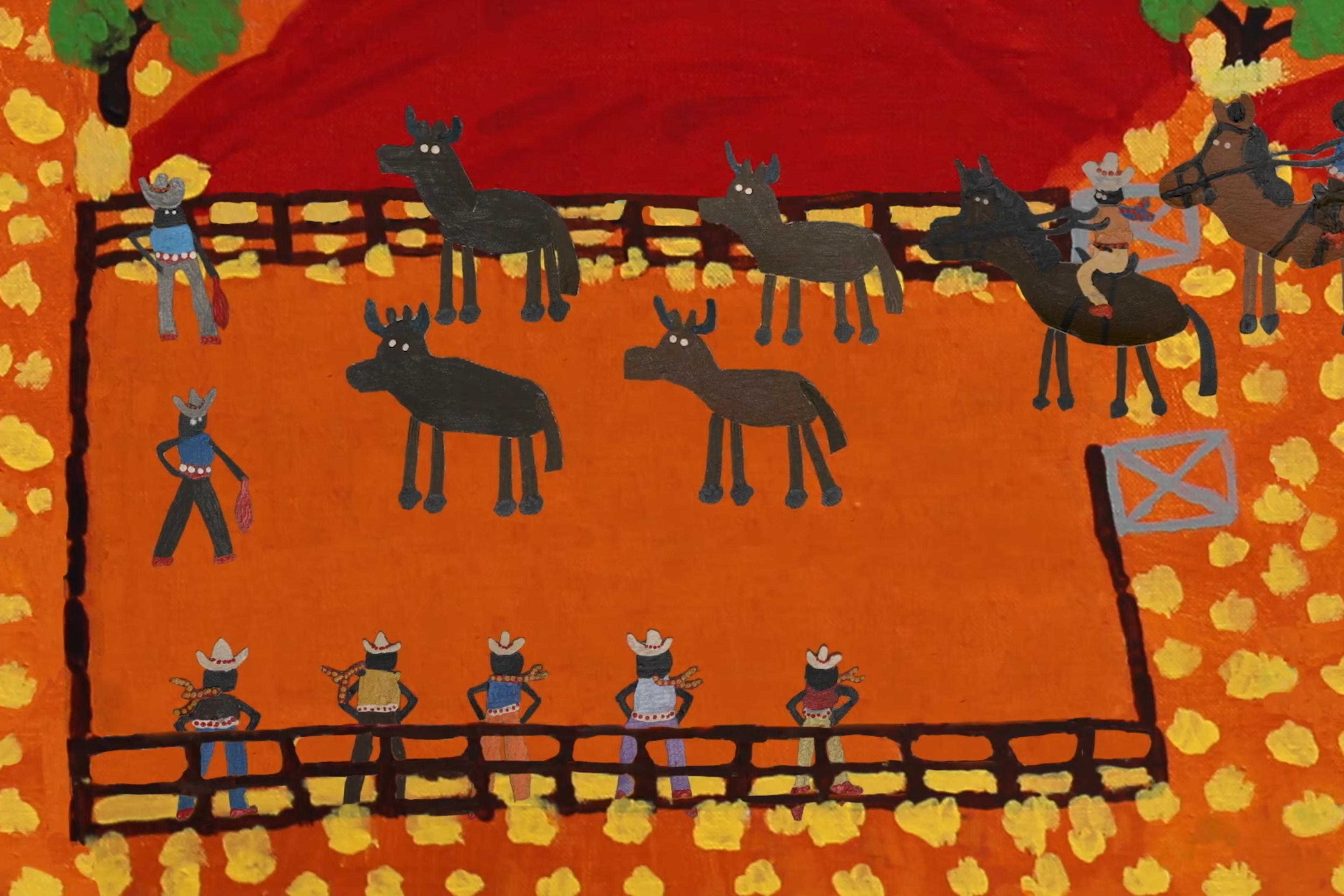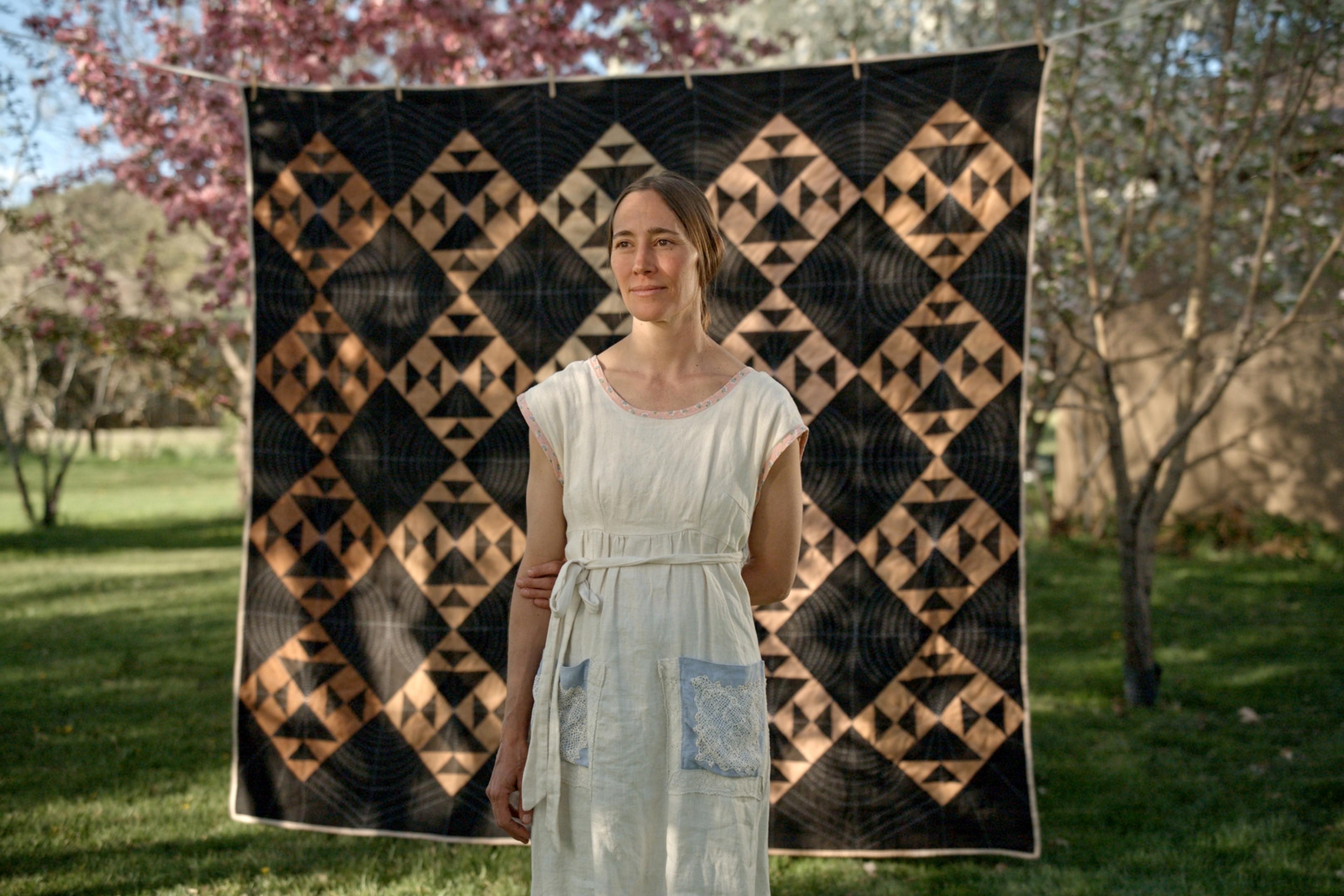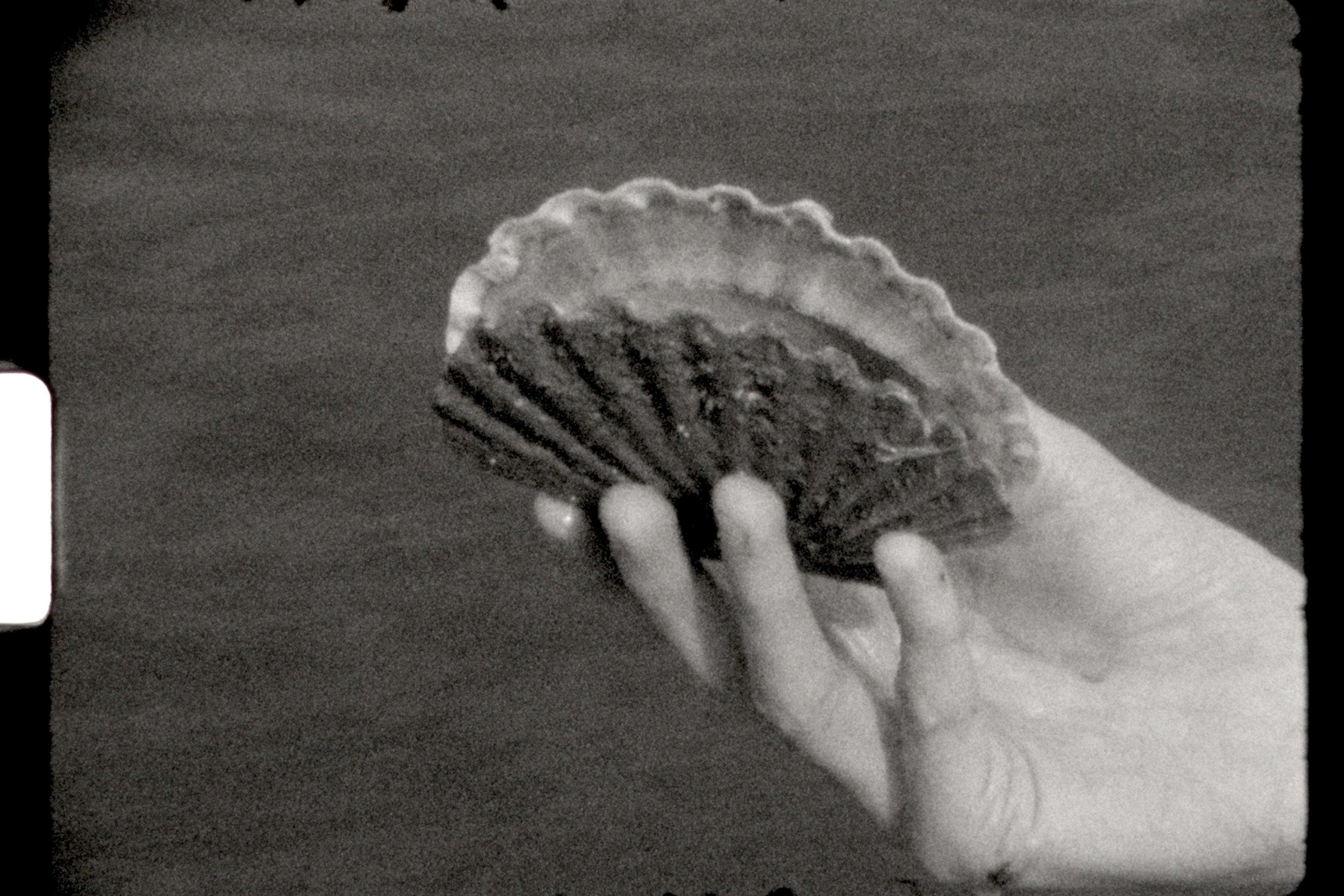Mechanisation and digitisation are so deeply woven into the fabric of the modern world that it’s easy to understand the cultural cachet of all things handcrafted, even when an item off the assembly line, adequately serving the same purpose, can be bought for just a fraction of the price. It’d also be easy to write off this exaltation of the ‘artisanal’ as frivolous – fetishising the small-scale and disappearing as a means of displaying wealth or exuding taste, or, alternatively, just another way to market. But it’d be a mistake. When something is truly crafted by expert hands, it seems to carry a person-to-person message in its imperfections, idiosyncrasies and small details in a way that mass production can’t replicate. And, beyond the subtleties and care that make handmade objects one of a kind, they’re imbued with years, sometimes millennia, of cultural knowledge, refined to transform local raw materials into something useful, meaningful or beautiful – and often all three.
The Canadian director Donald Winkler tapped into the meaning of making with In Praise of Hands (1974), an ambitious, globe-spanning project, which ‘pays tribute to the craftsmen everywhere whose work adds colour and richness to life’. Tracing a wide breadth of handiwork from nearly every corner of the world, the film documents scenes including a community effort to create indigo-dyed cloth by the Yoruba of Nigeria, and the moulding and painting of colourful and devilish Ocumicho clay figurines in Michoacán, Mexico. Drawing from the traditions of seven countries in total, the film’s eclectic parts are bound together by the connective tissue of skilled hands busy at work.
That In Praise of Hands maintains its momentum across its 28 untranslated minutes is a tribute to the innate human pull to making, the rich expertise on display and the deft work of the filmmakers – skilled craftspeople in their own right. Many of the processes captured are accompanied by source music directly from the scenes, and where there isn’t music, there is an unyielding beat in the hammering of metal or the pounding of clay. Through this found rhythm, Winkler and his team emphasise how culture and craft are inextricably intertwined, and how these processes serve the dual needs of fabricating goods and binding societies. Beyond the beauty of the final products, there is a deep-rooted human connection in craft – in the process itself, between artisan and owner, and, through the accumulation of wisdom that each process represents, across generations.
Written by Adam D’Arpino







